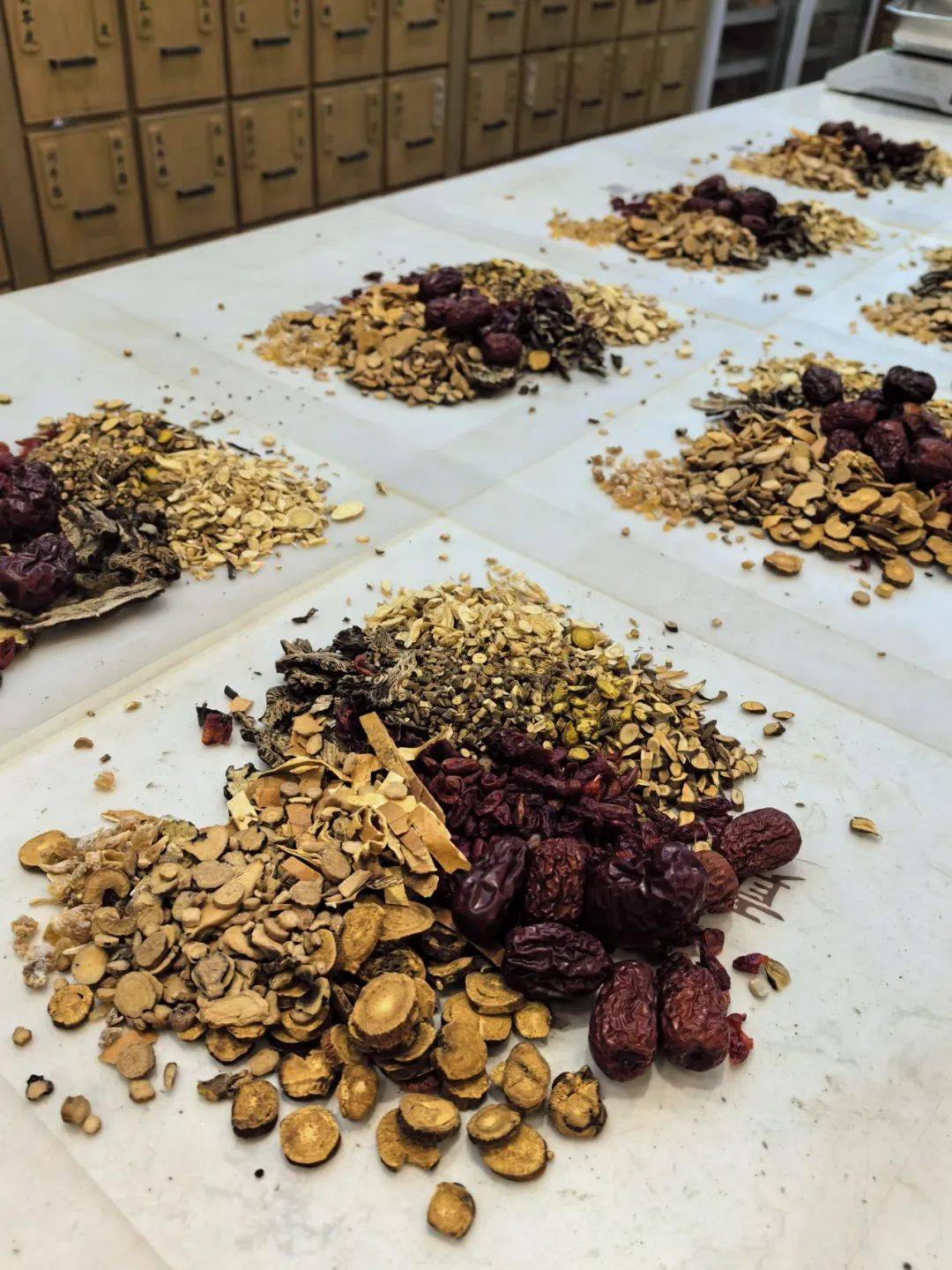Many people are diagnosed with thyroid nodules during medical checkups. The thyroid is a relatively delicate area that is easily irritated, particularly by dietary factors. Therefore, once nodules are detected, it's essential to avoid certain foods that may promote their growth.

The thyroid is the organ with the highest demand for iodine in the human body, and certain foods in the diet can affect thyroid function. Thus, dietary adjustments play a significant role!
Eat fewer soft-boiled eggs
Although soft-boiled eggs taste good, the undercooked yolk may carry bacteria. The large amount of egg yolk contains high levels of iodine, which can burden the thyroid and worsen the condition.
Eat less of these two types of meat
Processed meats, such as sausages and bacon, contain high levels of salt and preservatives, increasing thyroid pressure, enlarging nodules, and disrupting hormone secretion. Animal organs are high in purines and cholesterol, which are unfavorable for thyroid metabolism.
Eat less of these two types of vegetables
The oxalic acid in spinach can interfere with calcium synthesis and absorption in the body, hindering recovery to some extent. Spicy peppers can trigger inflammatory responses, leading to thyroid discomfort.

Are Nodules Caused by Anger?
The exact cause of thyroid nodules is not entirely clear, but emotional fluctuations and excessive stress may be significant contributing factors.
Dr. Que Poh Yuen Albert, a TCM expert from Singapore's Gong Fang Tang TCM Department, explains that in Traditional Chinese Medicine, prolonged emotional stagnation can disrupt qi flow and affect thyroid function. Modern medicine also recognizes that stress can influence hormone secretion and potentially worsen thyroid issues.
Therefore, maintaining a relaxed mood and learning to release stress can prevent many health problems. In most cases, emotional balance is an invaluable asset.
Finally, here’s a TCM external application method for thyroid nodules, used once weekly for 24 hours per session. Clinical trials involving 86 cases showed a total effective rate of 93.02%.
Formula:
Astragalus (黄芪), Salvia miltiorrhiza (丹参), Safflower (红花), Oyster shell (牡蛎), Fritillaria thunbergii (浙贝), Zedoary (莪术), Cat’s claw herb (猫爪草)
Preparation:
Grind the above herbs into fine powder, divide into equal portions by ratio, and mix with yellow rice wine or aged vinegar before use.
Application:
Spread the mixture on gauze and apply it to the affected area, securing with adhesive tape. Apply for 24 hours once weekly. If inconvenient, use once daily for 8 hours instead. Warming the mixture before application is also acceptable.

How is this formula designed?
In the above formula:
Astragalus (黄芪) tonifies qi and enhances the body's immune resistance.
Salvia miltiorrhiza (丹参) and safflower (红花) promote blood circulation and resolve stasis.
Oyster shell (牡蛎) and Fritillaria thunbergii (浙贝) dissolve phlegm, soften hardness, and dissipate nodules—commonly used for goiters and tumors.
Cat’s claw herb (猫爪草) disperses nodules and detoxifies, while zedoary (莪术) activates blood circulation and unblocks meridians.
The combination of these herbs yields significant clinical effects.
Note: This is an external-use formula only—not for oral consumption. Application should be tailored to individual conditions based on TCM diagnosis. Always follow professional medical guidance.

Traditional Chinese Medicine emphasizes syndrome differentiation and individualized treatment. The specific dosage and application of herbs must be adjusted under professional medical guidance based on diagnosis. Never self-medicate blindly.
Expert Introduction
